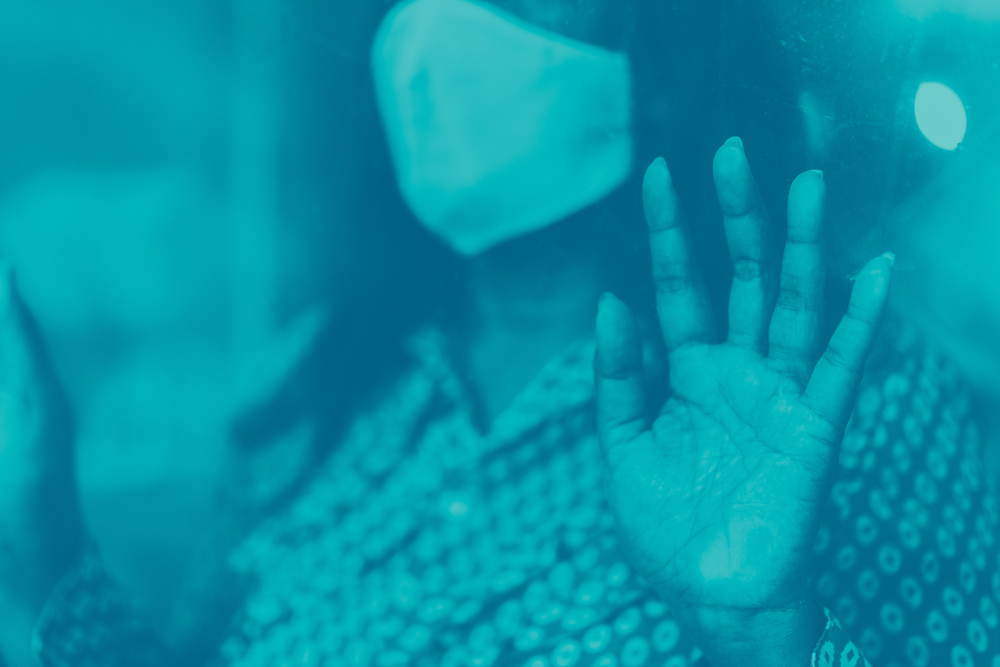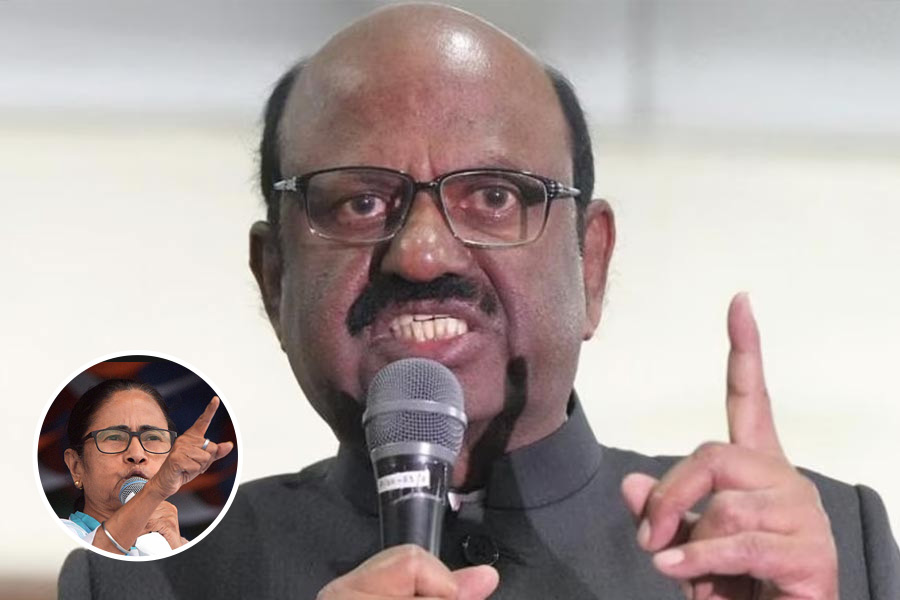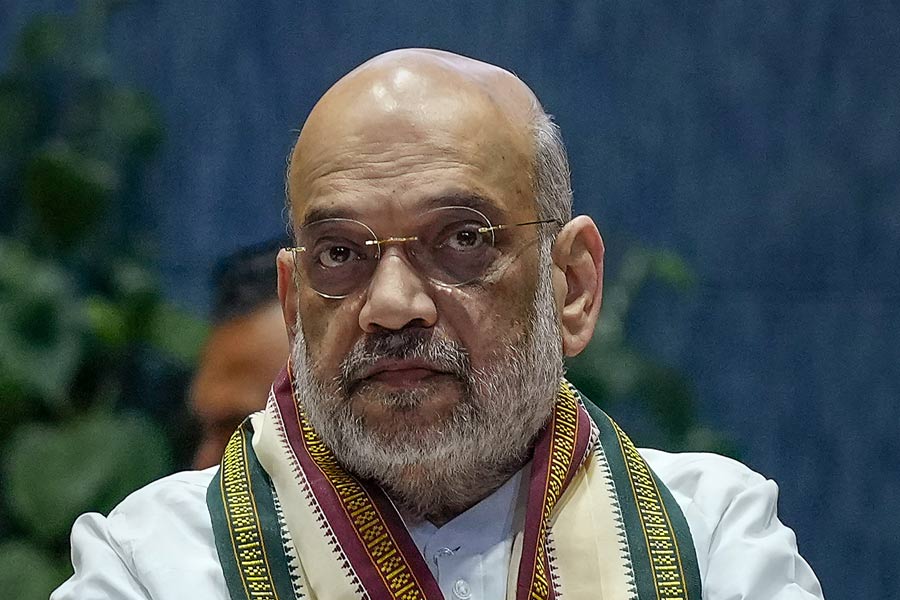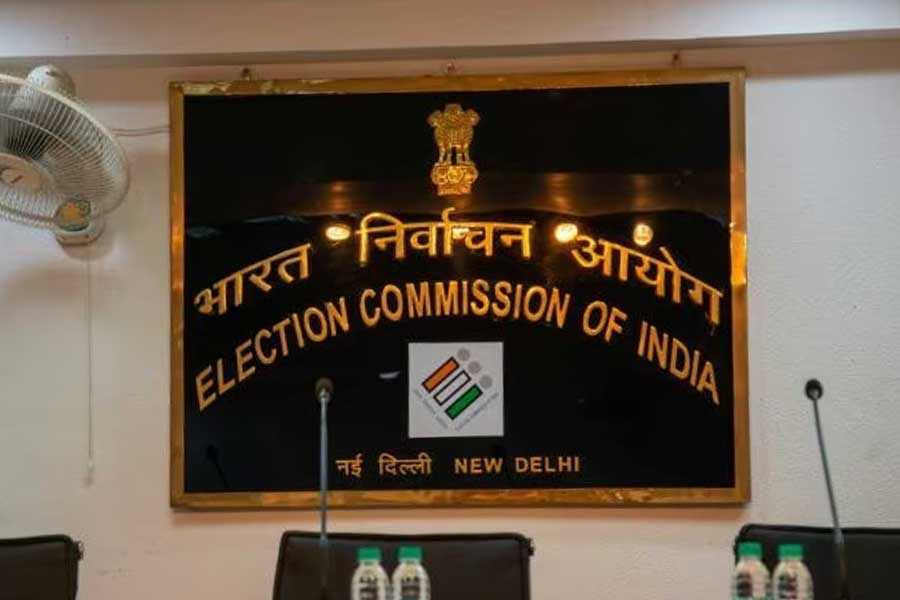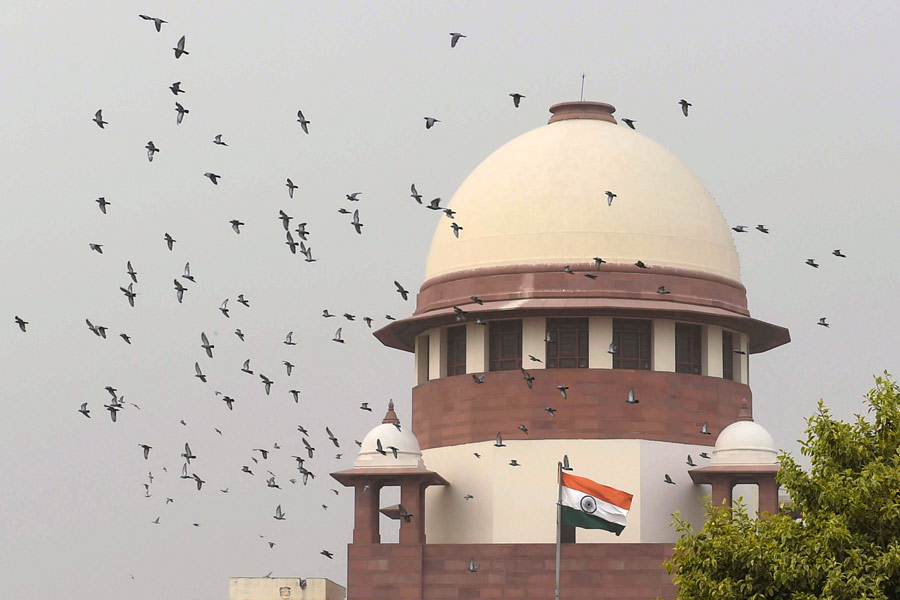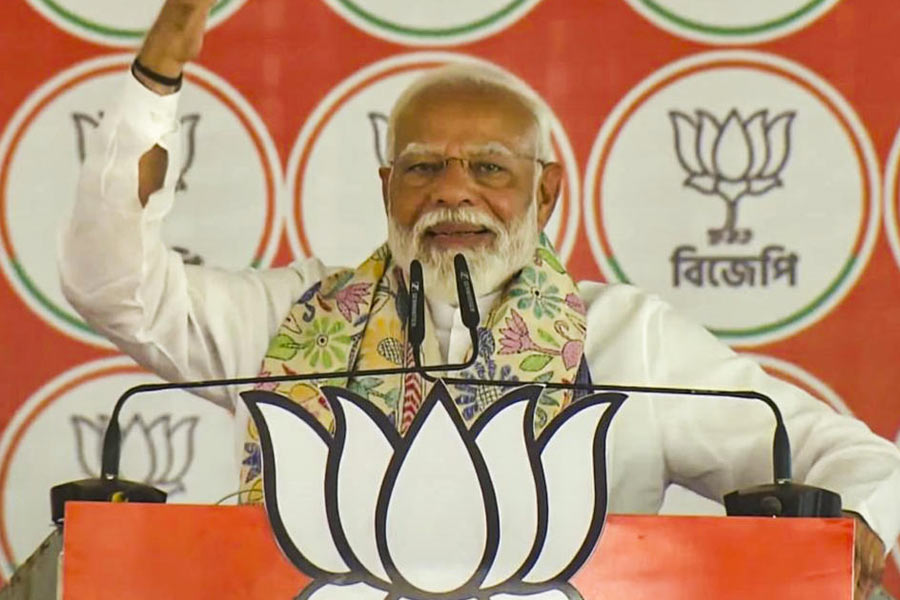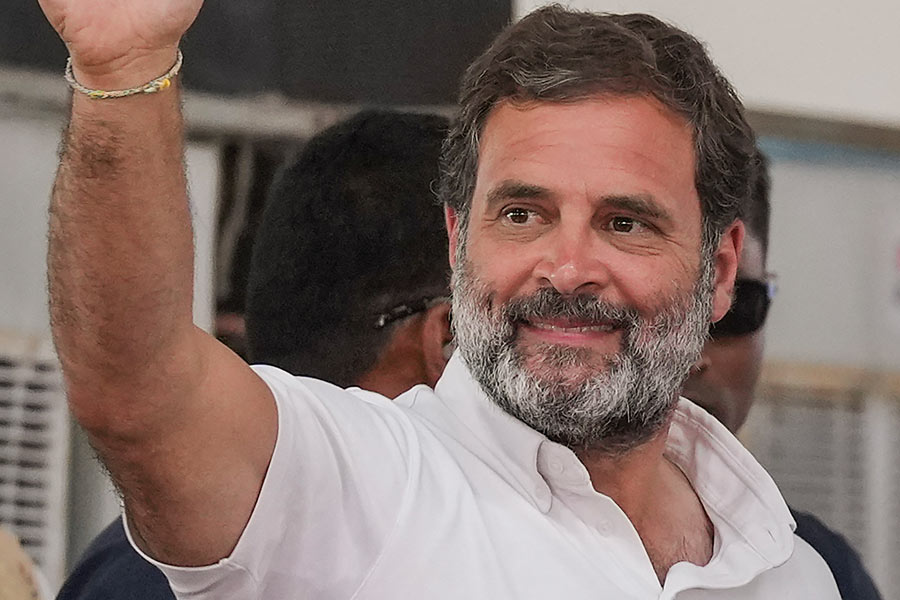A civilized society has a few indicators: one is its ability to recognize the gravity of mental illness. It cannot be said that India does not aspire to such a civilized attitude, because the Mental Healthcare Act, 2017 has a number of promising provisions, including decriminalizing the attempt to commit suicide, giving patients a say in their treatment and strictly limiting electroconvulsive therapy. But the entrenched tendency to overlook — ignore? — mental illness as something that needs to be treated like, say, typhoid or meningitis cannot be eradicated by a law. A week ago, the Supreme Court asked the Insurance Regulatory and Development Authority of India why insurance companies were not including the cost of mental illness in their cover. A public interest litigation pointed out that the companies were violating the provision of the 2017 law which demanded that the treatment of mental illness be covered in medical insurance in the same way as physical illness. Although the IRDAI had directed insurance firms to fulfil this requirement in 2018, they had not done so. No one had been penalized for this violation.
This institutional indifference has gained painful salience during the lockdown. Among non-Covid deaths suicides rank the highest, one count putting the number at 80 in the first week of May. Depression, anxiety, fear of the disease as well as of the loss of money and livelihood are all causes. Poverty and insecurity exacerbate depression, but those already suffering from depression, anxiety, schizophrenia and bipolar disorder have been rendered doubly vulnerable by isolation, uncertainty, the fear of being infected or of infecting loved ones and by the total disruption of routine. The Indian Psychiatric Society recorded a rise in mental illness early in the lockdown. Children from four to 10 may suffer acutely: doctors fear they will grow up with anxiety disorders. The mental healthcare network in the country is woefully inadequate; apart from the fact that the better places are expensive — the PIL’s concern — conditions in some hospitals are hideous, with patients stripped of their dignity, basic comforts, and often physically abused. A country where one in every seven people is mentally ill — and that is pre-Covid — medical insurance would be a step forward. But what is needed is a change of attitude. Will Covid-19 bring that about?

